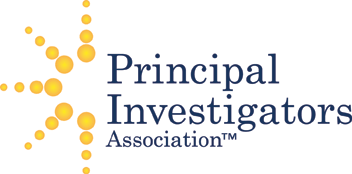The Secrets to Winning K08 & K23 Awards:
Get ‘Protected Time’to Enhance Your Career
| If you’re looking for grant funding that will provide money for your research and your salary, while giving you some breathing room to do the work you desire, the NIH’s K08 and K23 awards are definitely worth considering. These grants can offer you the funding you need to get results from your research.Although you can get some research-targeted funding, the K08 and K23 awards are mentored career development awards, not research grants, explains Olga C. Watkins, PhD, assistant professor at Baylor College of Medicine in Houston. Primarily, the award programs focus on supporting your development as a scientific investigator in the academic sector.
The K08 grant is the “Mentored Clinical Scientist Research Career Development Award,” while the K23 is the “Mentored Patient-Oriented Research Career Development Award.” The main difference between these two grants is that the K23 requires direct interaction with human subjects, while the K08 does not.
Because these grants aren’t research awards, your approach in writing the proposal is quite different from writing an R01 or other type of NIH grant. To greatly increase your chances of getting K08/K23 funding, you can take a few pointers from Dr. Watkins, who teaches junior faculty members how to apply for these grants.
|
|
Must-have, expert guidance inside this special report includes:
- Determine Your Eligibility – Not Everyone Can (or Should) Apply (pg. 5)
- Win Over Reviewers with a Stellar Proposal (pg. 8 )
- What Happens After You Apply (pg. 18)
- K08/K23 Application Checklist (pg. 21)
- K08/K23 Key Contacts (pg. 23)
Limited-Time Offer: Purchase this 20+ page Special Report in digital (PDF) format at the special rate of $49 (reg. price $199).
Offer valid on new orders only.
The informational products above are brought to you as training tools by the Principal Investigators Association, which is an independent organization. The products presented and their contents are not connected with the National Institutes of Health (NIH) or the National Science Foundation (NSF), nor are they endorsed by these agencies. All views expressed are those personally held by the author and are not official government policies or opinions.




